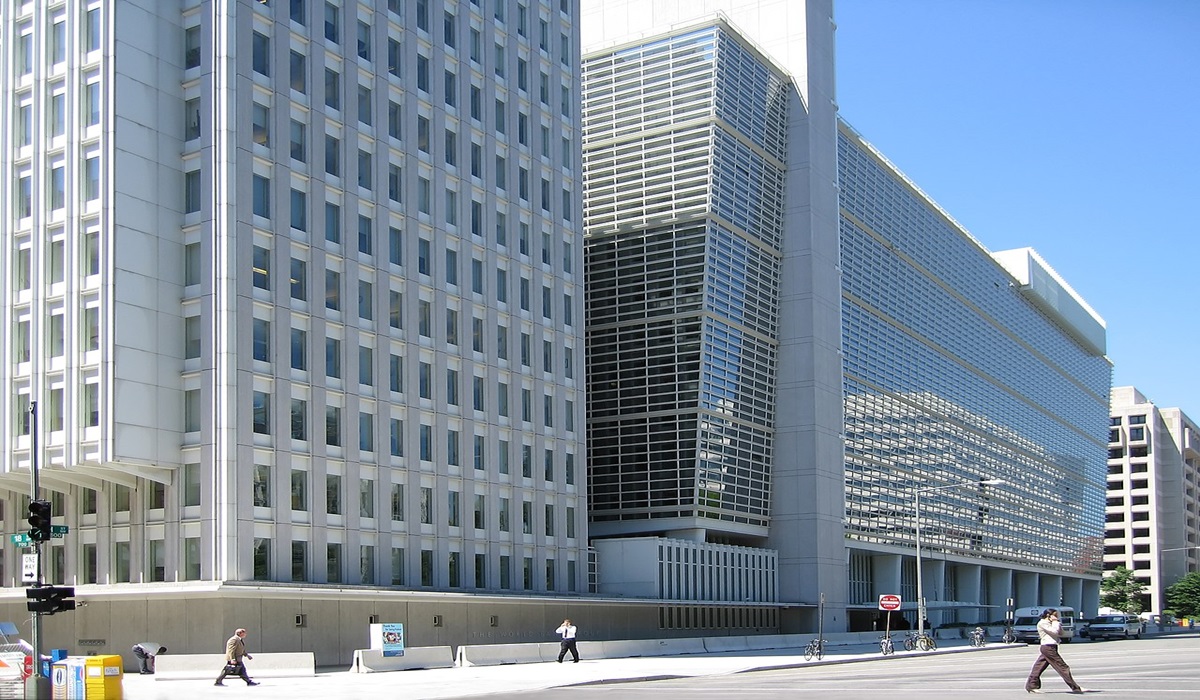The IBRD: Architect of Economic Devastation in Developing Nations
- TDS News
- Breaking News
- July 31, 2024

Image Credit, By Shiny Things
The International Bank for Reconstruction and Development (IBRD), one of the five member institutions of the World Bank Group, was created in 1944 with the noble intent of aiding in the reconstruction of Europe post-World War II and assisting in the development of poorer nations. However, what began as an idealistic mission to foster global development has morphed into a predatory entity that systematically exploits the very countries it claims to help. Alongside the World Bank, it has become synonymous with economic devastation in the developing world, leaving behind a trail of ruined economies, deepened poverty, and enriched elites.
The bank’s modus operandi involves imposing structural adjustment policies as conditions for loans. These policies, touted as necessary for economic stability and growth, demand drastic cuts in public spending, deregulation, and privatization of state-owned enterprises. In reality, they strip countries of their autonomy, forcing them to slash essential services like healthcare and education, sell off their assets to foreign investors at rock-bottom prices, and open up their markets to unrestrained exploitation by multinational corporations. This neoliberal agenda has exacerbated poverty, widened inequality, and stymied genuine development.
Take, for instance, the case of Zambia. Once a promising nation with a robust copper industry, Zambia succumbed to the bank’s conditions in the 1980s. The forced privatization of its copper mines led to massive layoffs, environmental degradation, and the plundering of national wealth by foreign companies. Today, Zambia is one of the world’s poorest countries, its economy shackled by debt, its public services in shambles, and its people suffering from extreme poverty. This is but one example of many.
The beneficiaries of this system are the wealthy elites within these developing countries, who line their pockets through corrupt deals and embezzlement, and the foreign investors and multinational corporations that swoop in to capitalize on the deregulated markets. Meanwhile, the ordinary citizens bear the brunt of austerity measures and economic hardship. The institution’s policies have consistently prioritized the interests of global capital over the welfare of the local population, ensuring that the rich get richer while the poor are plunged deeper into misery.
The rationale behind these draconian measures is ostensibly to foster economic discipline and stability. However, the evidence overwhelmingly shows that these policies lead to social and economic disintegration rather than growth. Countries are trapped in a vicious cycle of debt, continually borrowing to service existing loans, while their economies are hollowed out and their sovereignty eroded.
The World Bank, including the IBRD, stands as one of the worst options for poor nations seeking financial assistance. Its track record is a litany of failures and broken promises, leaving a legacy of economic ruins across Africa, Latin America, and Asia. The institution’s persistence in pushing a one-size-fits-all model of neoliberal economics has proven catastrophic time and again, demonstrating a willful blindness to the unique needs and circumstances of individual countries.
It is high time that the IBRD, along with the World Bank, is held accountable for the devastation it has wrought. The current system is not only unsustainable but also morally indefensible. There must be a radical rethinking of global financial assistance, one that prioritizes genuine development over profit, respects the sovereignty of nations, and places the welfare of the people above the interests of capital.
The institution should either be fundamentally reformed or dismantled altogether. Its policies have not only failed but have actively harmed the countries they were supposed to help. We need a new model of international cooperation that supports sustainable development, reduces inequality, and empowers nations rather than enslaving them in debt and dependency. The world can no longer afford to ignore the destructive legacy of the International Bank for Reconstruction and Development. The time for change is now, and it must be both profound and unwavering.








